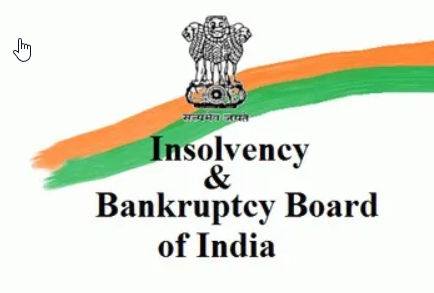Insolvency and Bankruptcy Board of India
The Insolvency and Bankruptcy Board of India (IBBI) is a statutory body established under the Insolvency and Bankruptcy Code, 2016 (IBC). It was created to oversee the insolvency and bankruptcy proceedings in India and to regulate the entities registered under it. The IBBI is responsible for implementing the IBC and aims to consolidate and amend the laws relating to reorganization and insolvency resolution of corporate persons, partnership firms, and individuals in a time-bound manner.
Establishment and Objectives
The IBBI was established on 1st October 2016 under the provisions of the Insolvency and Bankruptcy Code, 2016. The primary objectives of the IBBI are:
- To promote transparency and accountability in the insolvency and bankruptcy process
- To protect the interests of creditors and other stakeholders
- To facilitate the development of a robust insolvency and bankruptcy framework in India
- To regulate insolvency professionals, agencies, and information utilities
- To oversee the functioning of the Insolvency and Bankruptcy Code, 2016
Composition and Structure
The IBBI consists of a ten-member board, including representatives from the Ministry of Corporate Affairs, Ministry of Finance, Reserve Bank of India, and the legal profession. The board is headed by a Chairperson, who is appointed by the Central Government. The current Chairperson of the IBBI is Mr. M.S. Sahoo, a distinguished legal professional with extensive experience in corporate law and insolvency matters.
Functions and Powers
The IBBI has been vested with various functions and powers under the Insolvency and Bankruptcy Code, 2016. Some of the key functions and powers of the IBBI are:
- Registration and regulation of insolvency professionals, insolvency professional agencies, and information utilities
- Specifying the eligibility criteria and code of conduct for insolvency professionals
- Monitoring the performance of insolvency professionals and taking disciplinary action against them in case of misconduct
- Collection and dissemination of information relating to insolvency and bankruptcy proceedings
- Promoting transparency and best practices in the insolvency and bankruptcy process
- Conducting research and studies on insolvency and bankruptcy-related matters
- Providing recommendations to the Central Government on matters relating to insolvency and bankruptcy
Impact and Achievements
Since its establishment, the IBBI has played a crucial role in the effective implementation of the Insolvency and Bankruptcy Code, 2016. Some of the notable achievements of the IBBI are:
- Successful resolution of several high-profile insolvency cases, such as Essar Steel, Bhushan Steel, and Monnet Ispat, among others
- Reduction in the average time taken for the resolution of insolvency cases from 4.3 years to 1.6 years
- Significant improvement in India’s ranking in the World Bank’s Ease of Doing Business index, particularly in the “Resolving Insolvency” parameter
- Development of a robust ecosystem of insolvency professionals, agencies, and information utilities
- Facilitation of the flow of credit in the economy by providing a framework for the efficient resolution of non-performing assets
Challenges and Way Forward
Despite its significant achievements, the IBBI faces several challenges in the effective implementation of the Insolvency and Bankruptcy Code, 2016. Some of the key challenges are:
- Lack of adequate infrastructure and capacity of the National Company Law Tribunal (NCLT) to handle the increasing number of insolvency cases
- Delays in the resolution process due to litigation and other factors
- Difficulty in the valuation of assets and determination of the fair value of the distressed companies
- Lack of awareness and understanding of the insolvency and bankruptcy process among stakeholders
The Insolvency and Bankruptcy Board of India has played a crucial role in the development of a robust insolvency and bankruptcy framework in India. Through its regulatory and supervisory functions, the IBBI has facilitated the efficient resolution of insolvency cases and has contributed to the improvement of India’s business environment. Going forward, the IBBI will continue to work towards the effective implementation of the Insolvency and Bankruptcy Code, 2016 and will strive to address the challenges faced by the insolvency and bankruptcy ecosystem in India.


